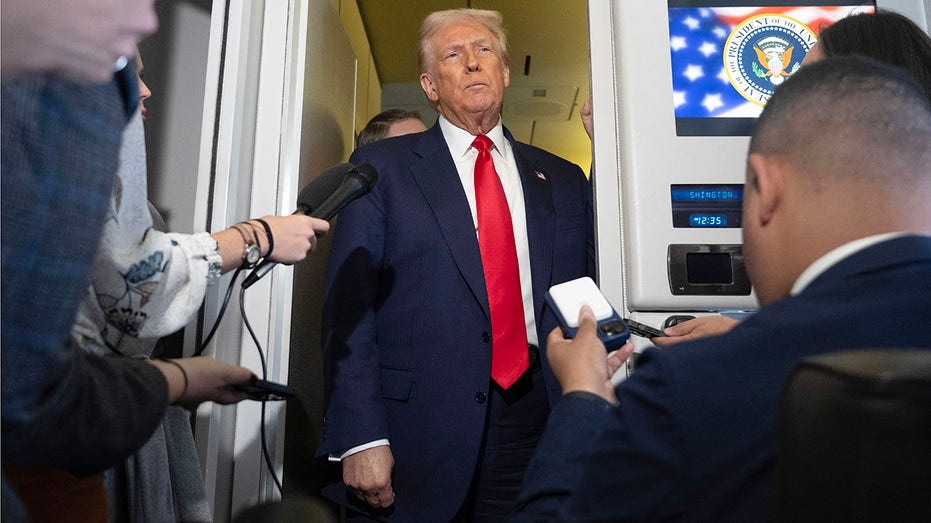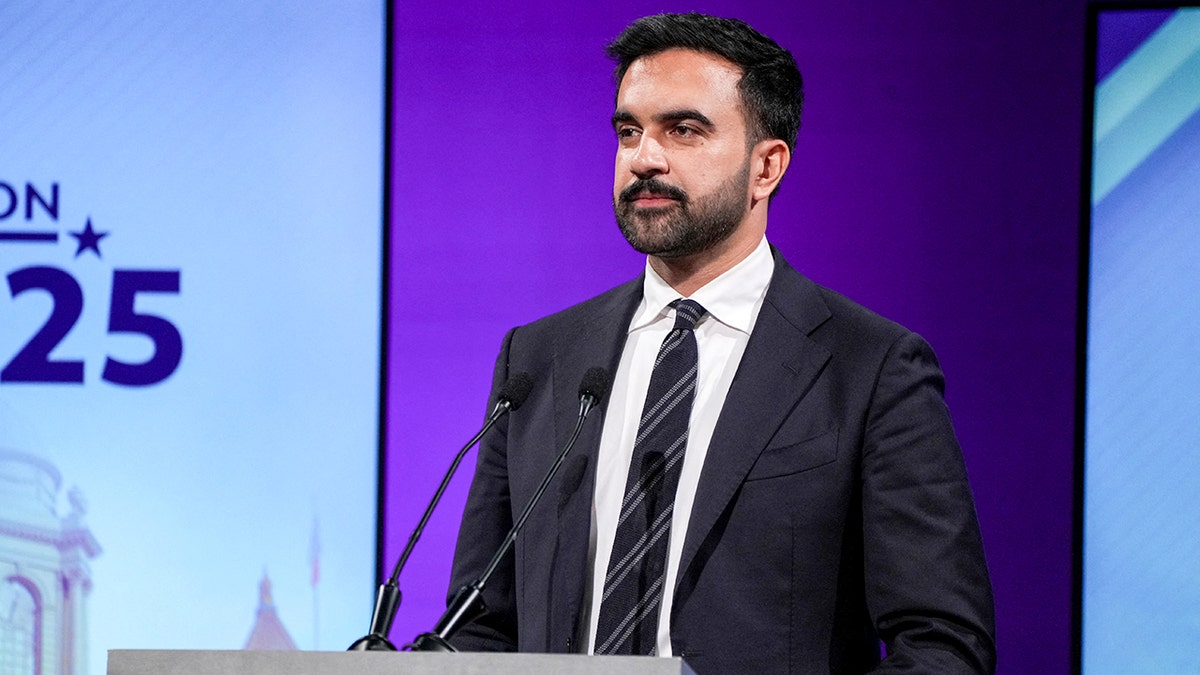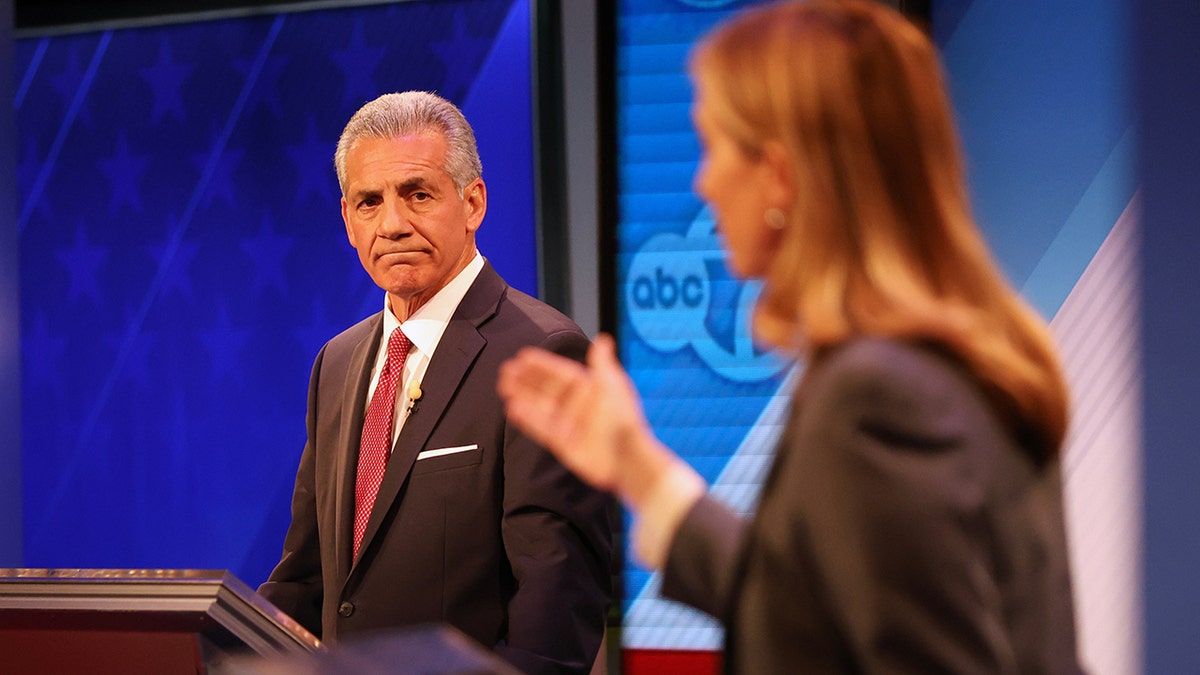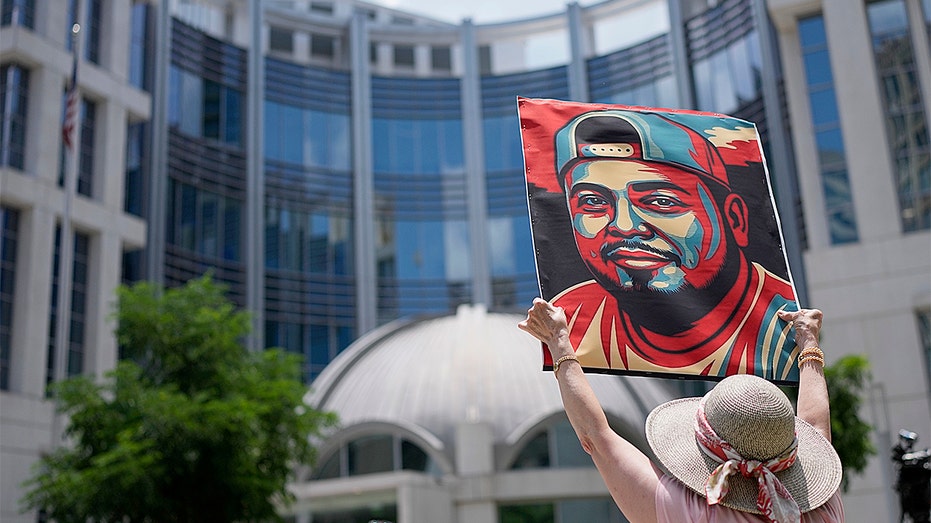A dramatic showdown unfolded in the Senate, as lawmakers once again rebuked President Trump’s ambitious tariff policies. This time, the challenge wasn’t focused on individual nations, but a sweeping global imposition of duties – and the Senate delivered a decisive blow against the President’s economic strategy.
The core of the dispute lies in Trump’s invocation of the International Emergency Economic Powers Act. He declared a “national emergency” stemming from persistent trade deficits, justifying a base 10% tariff on goods from countries worldwide. This move sparked immediate resistance from senators who questioned the legality and economic wisdom of such broad powers.
Senator Ron Wyden of Oregon spearheaded the effort to dismantle the President’s authority, introducing a resolution to terminate the global tariffs. This wasn’t the first attempt; an earlier vote ended in a nail-biting 49-49 tie, thwarted only by the unexpected absence of key senators.
October brought a different outcome. Senate Majority Leader Mitch McConnell, alongside a surprising coalition of Republican senators – Lisa Murkowski, Susan Collins, and Rand Paul – joined Wyden’s cause. Their votes effectively struck down the President’s global tariff plan, signaling a growing unease within his own party.
The Senate also moved to end emergency powers allowing for steep tariffs on goods from Brazil and Canada, though these measures face an uphill battle in the House. Previous votes in the lower chamber indicated a reluctance to challenge the President’s trade policies, delaying any further action until next year.
Amidst this legislative resistance, a surprising shift occurred in the relationship with China. Following a meeting with President Xi Jinping, Trump announced a 10% reduction in fentanyl-related tariffs, lowering the overall duty rate from 57% to 47%.
This concession followed an agreement from China to curb the flow of chemicals used in fentanyl production and to ease export restrictions on rare earth minerals – vital components for American manufacturers. Trump characterized the meeting as “truly great,” emphasizing a newfound “enormous respect” between the two nations.
The President hinted at further breakthroughs, stating that numerous critical issues were “very close to resolved.” This unexpected softening of stance suggests a complex interplay of political pressure, economic realities, and diplomatic maneuvering on the global stage.






